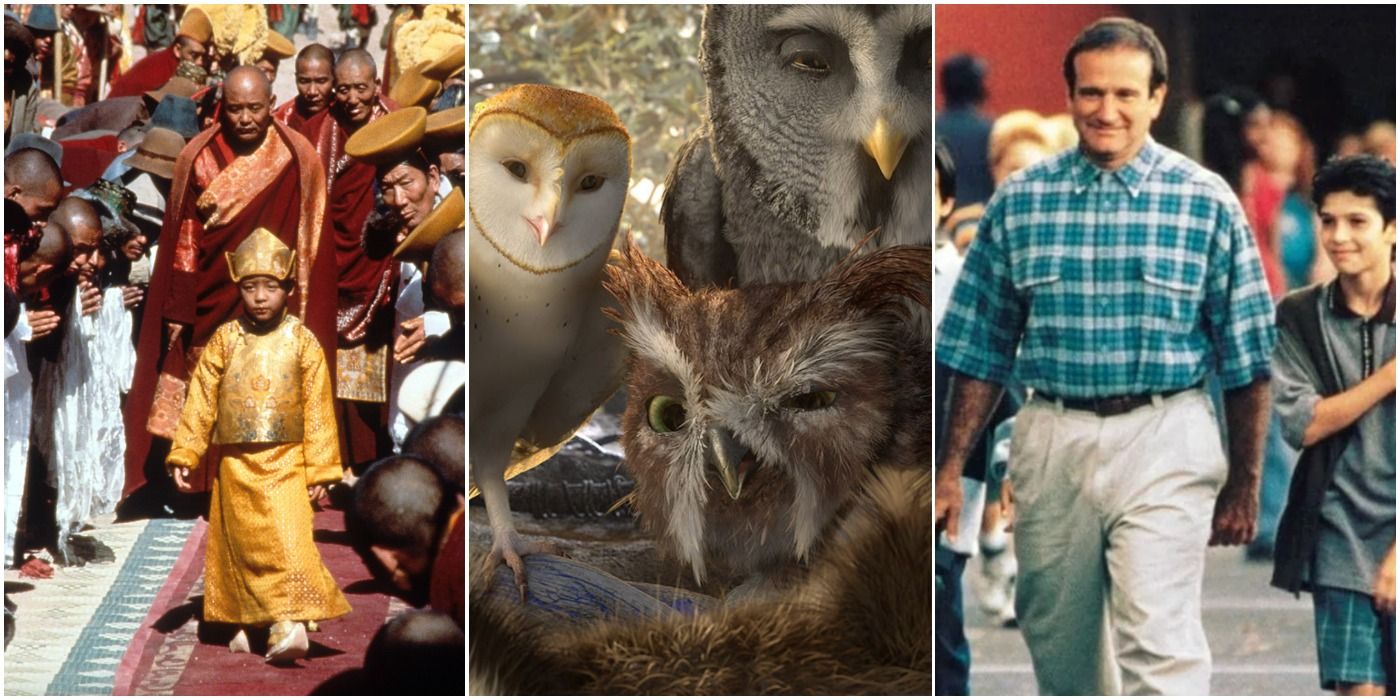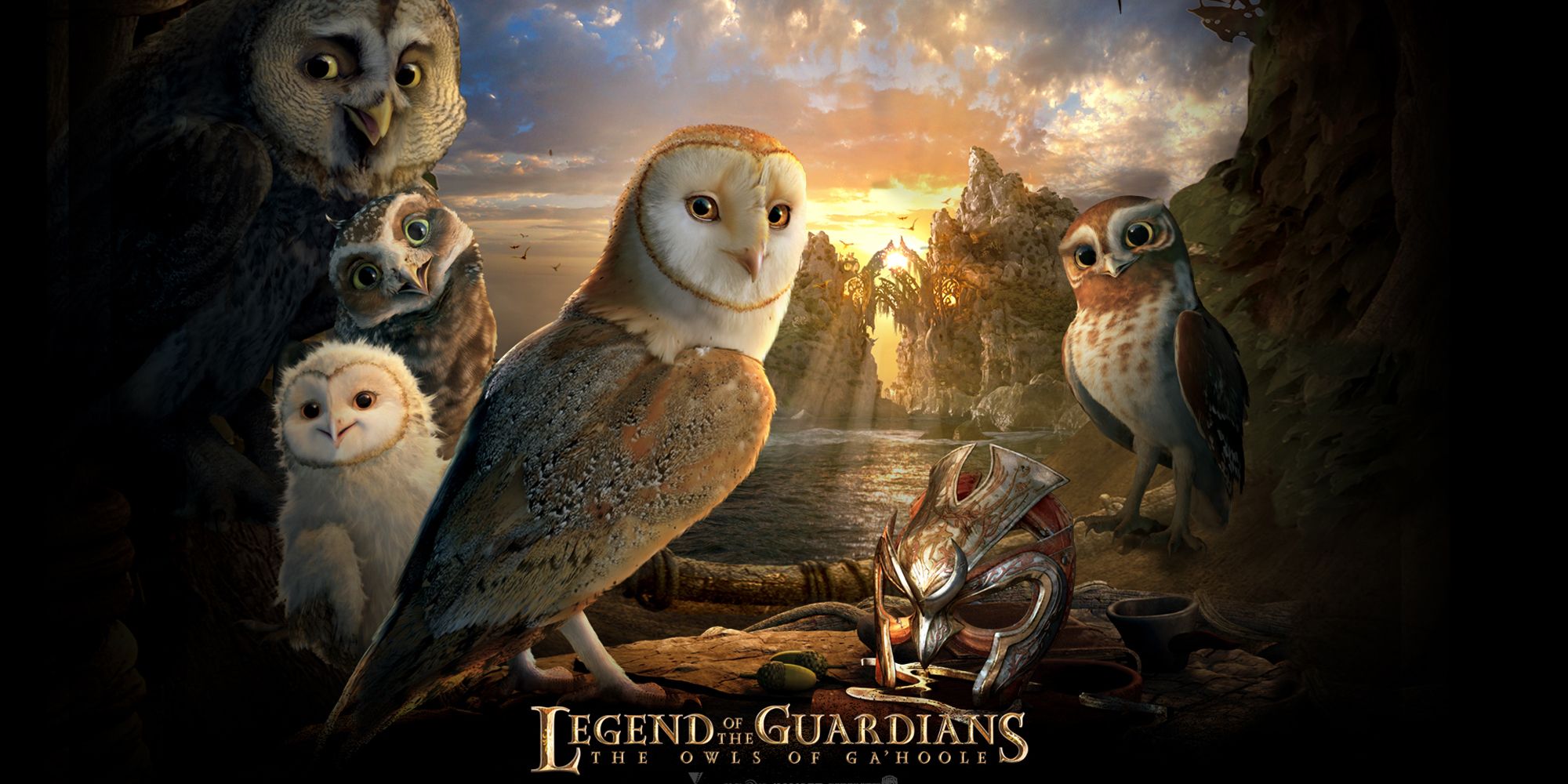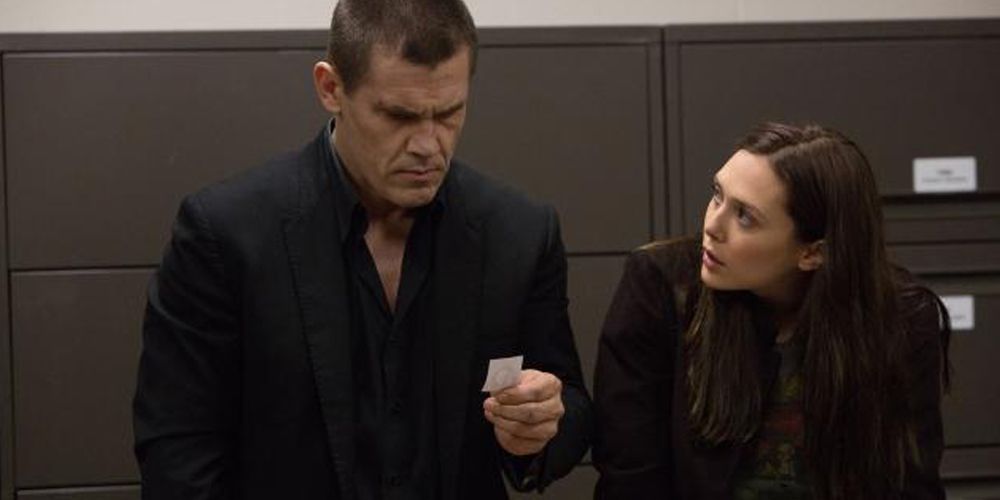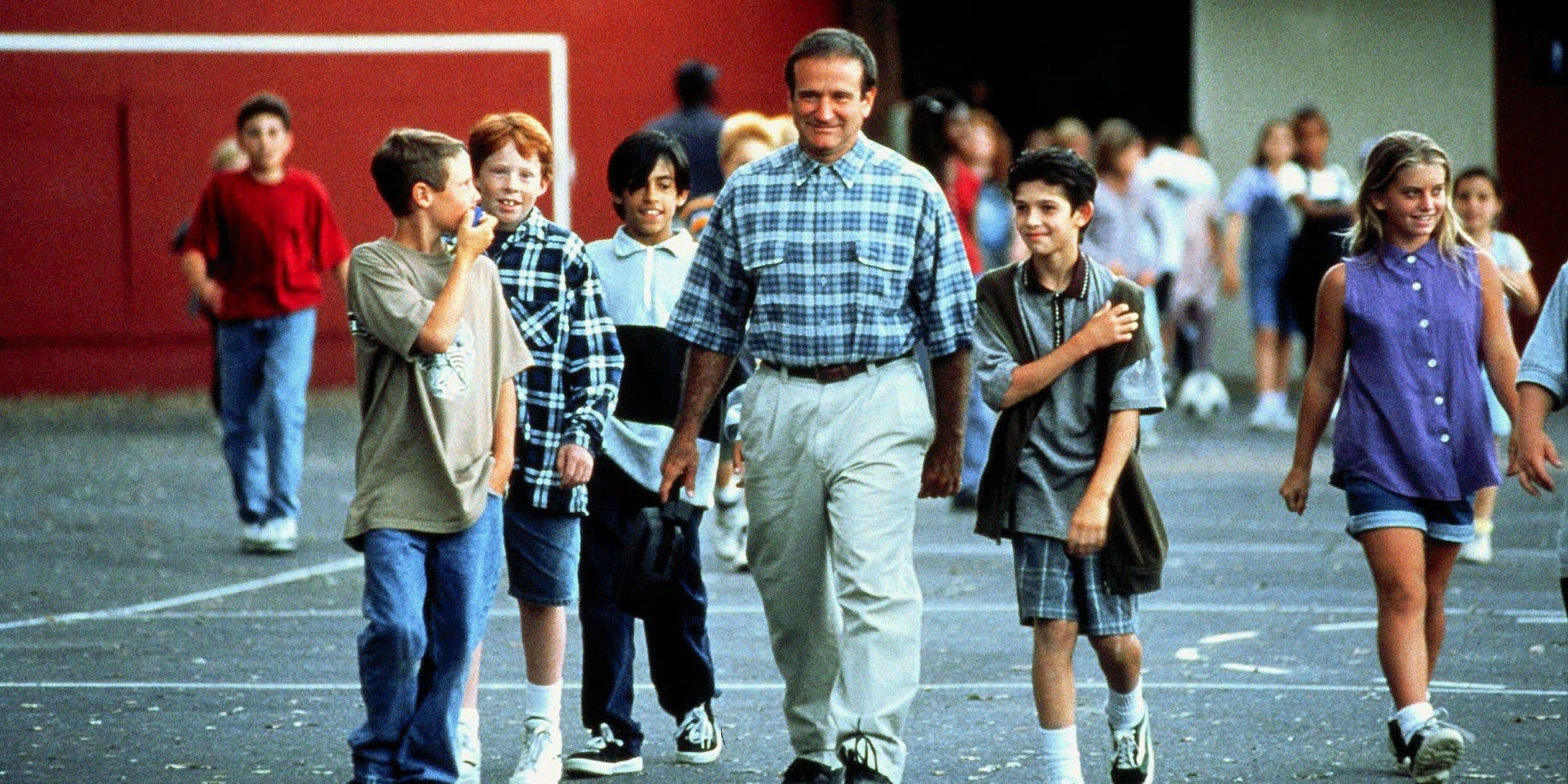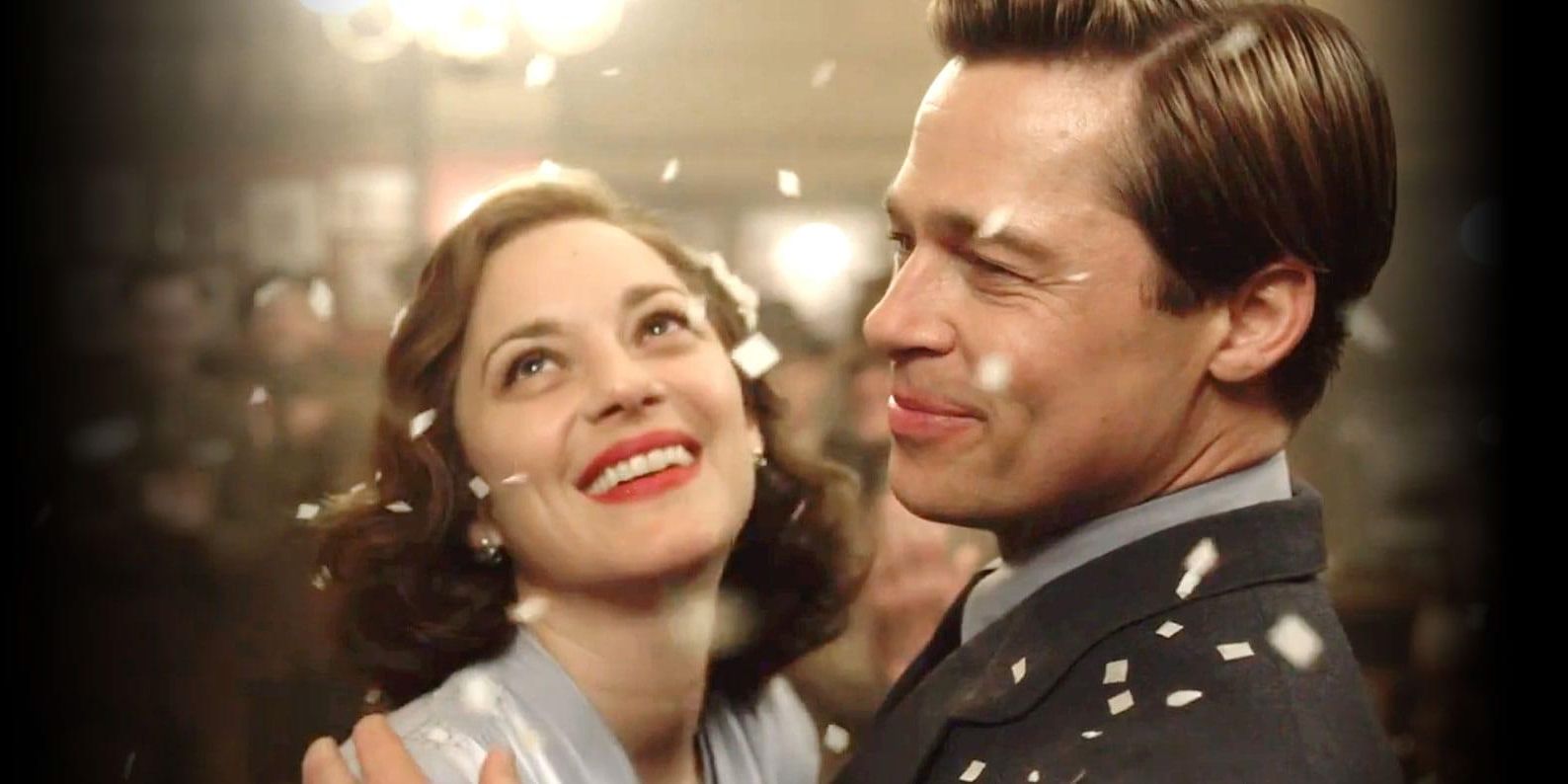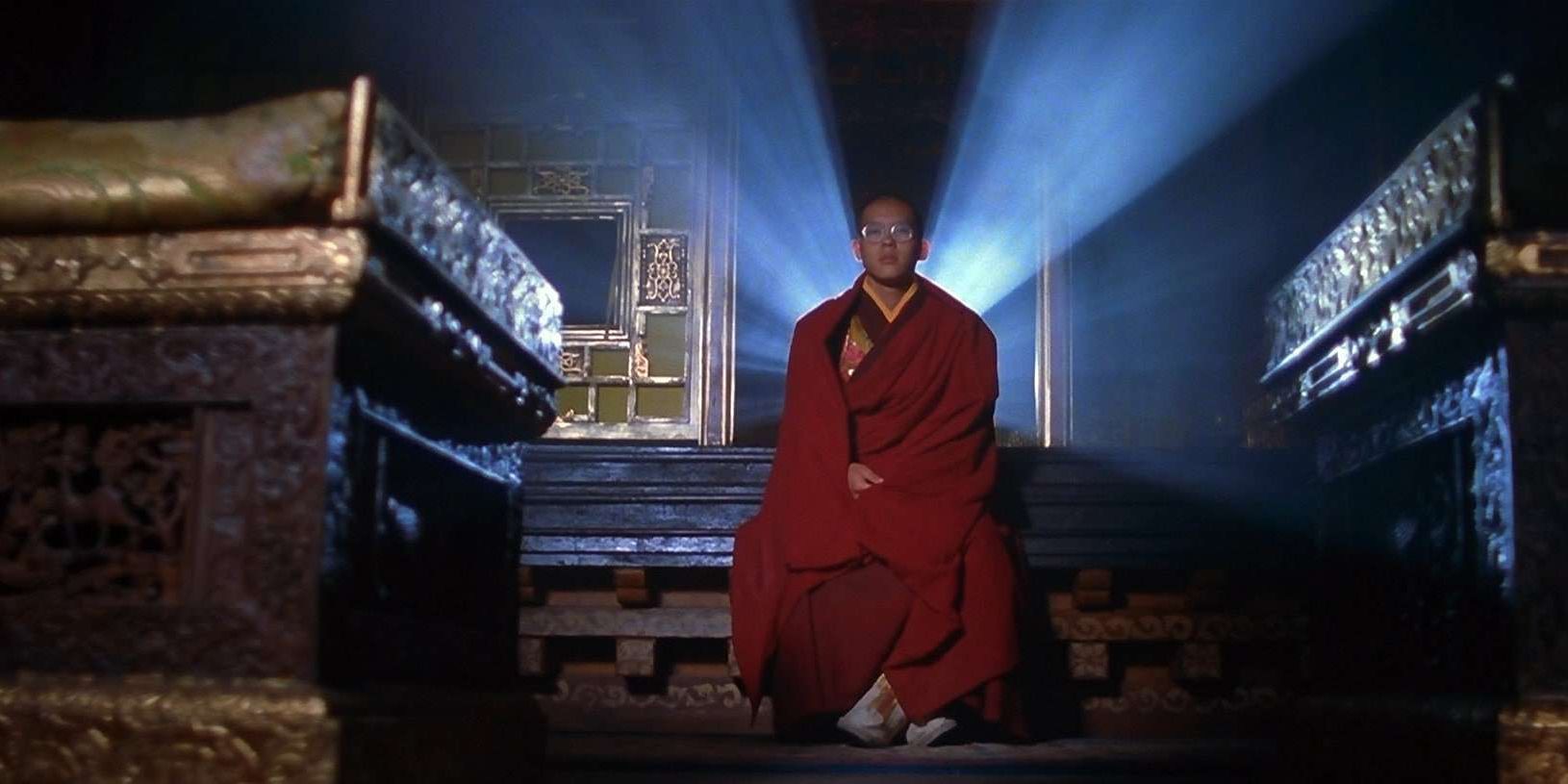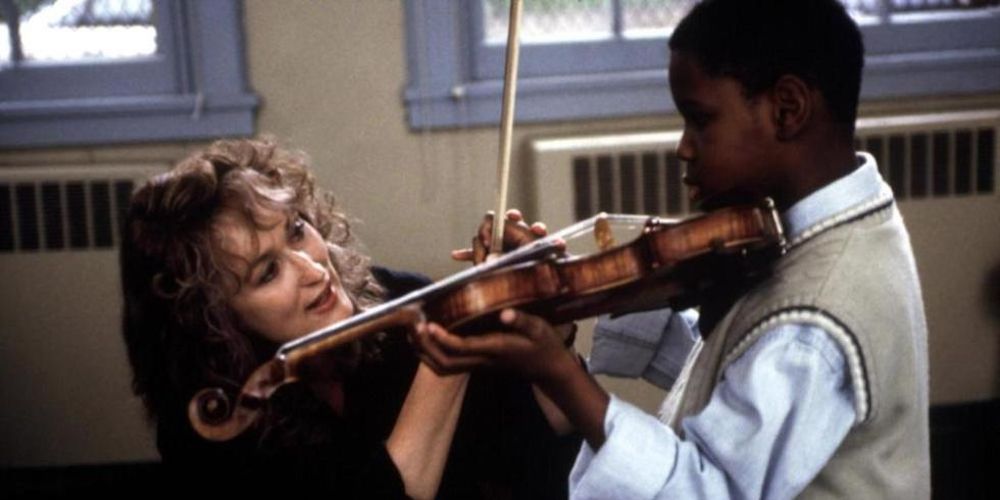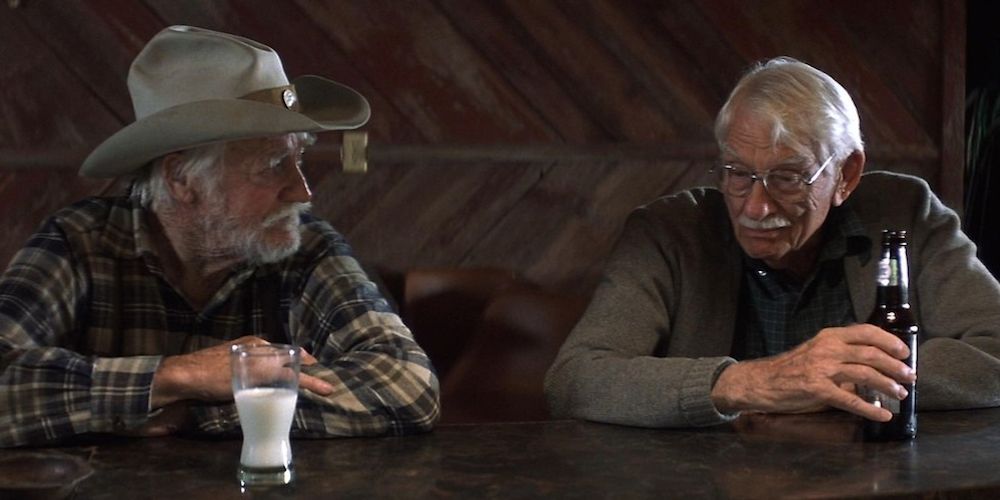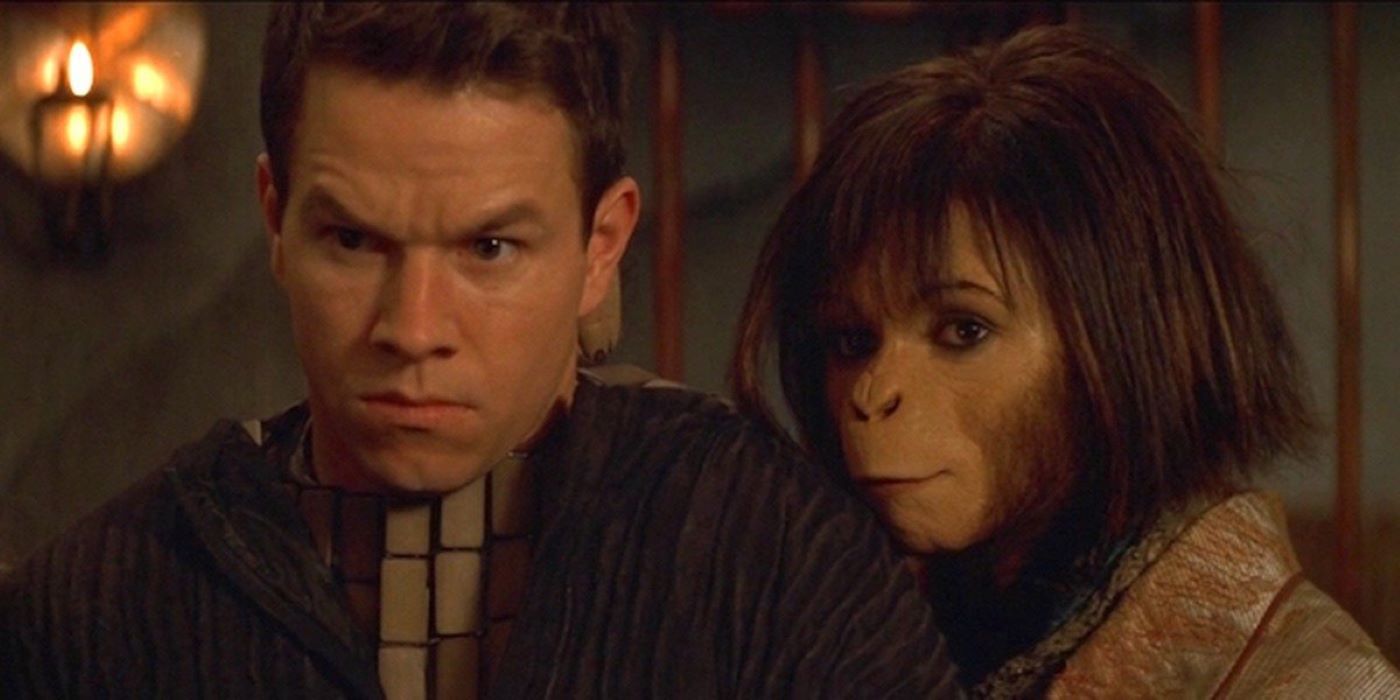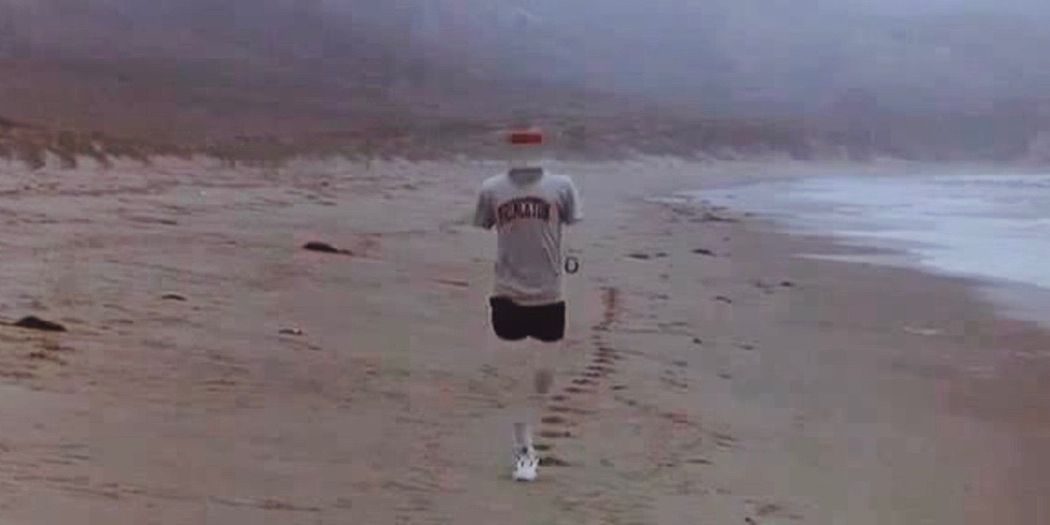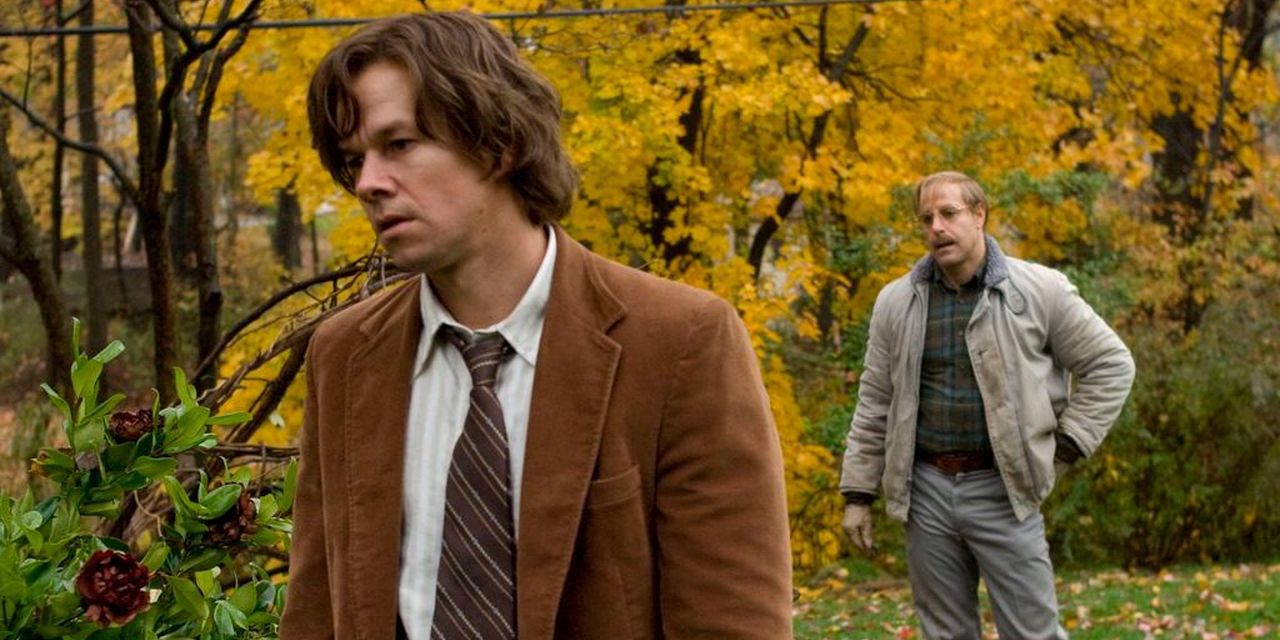There are many different creative mediums that allow artists to express themselves, yet some of the most freedom is possible through the diverse movies that make up the film industry. Plenty of factors contribute to what will turn a movie into a box office success or a regrettable failure, but the level of prestige that’s associated with a director’s name and what they bring to a project is frequently an important element.
Many of the most acclaimed directors cultivate specific styles where it’s easy to tell that they’re responsible for a certain film. However, there are also a number of circumstances where directors try to stray from their set path and do something different, which can either pay off for them or see them retreat back to their comfort zone.
10 Zack Snyder’s Legend of the Guardians: The Owls Of Ga'Hoole Abandons The Grim-Dark
Zack Snyder is a director who’s become practically synonymous with the flawed DC Extended Universe. Zack Snyder has created a slew of self-serious and dark superhero movies, as well as other productions like Sucker Punch that cater more toward visual extravaganzas than they do character development. Legend of the Guardians: The Owls of Ga'Hoole is a departure for Snyder in a number of ways, with the biggest factor being that it’s a computer-animated children’s film. The intimate owl family story is a true change of pace for Snyder and the type of movie that he may not ever recreate.
9 Spike Lee’s Oldboy Comes Across As An Empty Remake Of A Classic
Spike Lee is an iconic American filmmaker who made waves during the '80s and '90s with powerful films like Do The Right Thing, She's Gotta Have It, and Malcolm X. For decades Lee has been one of the most prominent names to shine a light on African American issues and oppression in America, but he's slowly shown some diversity with his filmography. Oldboy, a remake of the South Korean classic by Chan-Wook Park, that stars Elizabeth Olson and Josh Brolin feels the most atypical of Lee's work and doesn't contain any of his conventional film trademarks or themes.
8 Francis Ford Coppola’s Jack Is One Of The Director’s Strangest Cinematic Contributions
Francis Ford Coppola has earned himself an eternal place as a cinematic legend thanks to huge achievements like The Godfather trilogy, The Conversation, and Apocalypse, Now. Coppola doesn’t limit himself to one genre, but all of his movies grapple with adult issues and internalized trauma, even his take on Dracula.
Jack is considered to be one of Coppola’s biggest misfires, and it feels like a major departure for the adult filmmaker. Jack results in one of Robin Williams’ most memorable performances as a young boy who rapidly ages as if he’s an adult. It’s a major tonal shift for Coppola.
7 Robert Zemeckis’ Allied Breaks The Director’s Pattern For Something More Substantial
Robert Zemeckis has worked hard to establish a staggering career for himself as a pioneer of both innovative filmmaking and the incorporation of animated visuals with the real world. The Back to the Future trilogy and Who Framed Roger Rabbit? gave Zemeckis a sterling reputation, which helped him create deep films like Contact and Cast Away that are still visual masterpieces. The later stage of Zemeckis’ career has revolved around motion-capture technology, which makes Allied stand out as such an unusual choice for Zemeckis. The World War II drama abandons Zemeckis’ usual visual tricks to explore a grounded, conflicted romance.
6 Kundun By Martin Scorsese Still Feels Like An Odd Choice For The Director
Many prolific directors have left their mark on the mob and gangster genre, but Martin Scorsese is responsible for some of the most foundational films on the subject matter. It’s easy to reduce Scorsese as a crime filmmaker, but his filmography has gradually expanded to cover different types of stories like The Last Temptation of Christ, Silence, and Hugo. However, these movies still reflect the themes and passion for cinema that’s present in all of his work. 1997’s Kundun is a biographical look into the growth of the newest Dalai Lama, and it feels unlike any of Scorsese’s other movies.
5 Wes Craven Ditches His Horror Roots With The Violin Drama, Music Of The Heart
One of the most important names in horror is Wes Craven, who's responsible for groundbreaking slasher franchises like A Nightmare on Elm Street and Scream, yet he's a director that never strays too far from the genre. Craven clearly excels with horror, but he was interested in expanding his skills in the late '90s.
Music of the Heart is a soft and restrained biographical movie that stars Meryl Streep as a recently divorced violin teacher at an inner-city school. It's not Craven's best work, but it's a shame that its lack of success permanently pushed Craven back into horror.
4 David Lynch’s The Straight Story Is An Earnest Disney Movie
David Lynch has become so associated with surreal and unusual storytelling that the term “Lynchian” has even been created to discuss comparable pieces of strangeness. David Lynch is someone who truly plays by his own rules and operates on a different wavelength. Twin Peaks, Blue Velvet, Lost Highway, and Mulholland Dr. are groundbreaking and challenging narratives. Produced by Disney, The Straight Story, a movie about a 70-year-old man who drives across America to visit his brother, is decidedly the opposite of Lynch’s aesthetic. He abandons his typical Dadaist impulses to tell a grounded, simple story.
3 Tim Burton’s Planet Of The Apes Loses The Director’s Style In An Oppressive Action Film
Tim Burton is a unique director who has hit such heights that his last decade of movies often feels like he’s stuck on autopilot. Tim Burton is the director studios turn to for creepy, gothic visuals, which can skew toward horror, like with Beetlejuice or Sweeney Todd, or create something more picturesque and beautiful like Big Fish and Alice in Wonderland. Tim Burton’s dark remake of the sci-fi classic, Planet of the Apes, still retains a touch of the director’s voice, but he loses his typical stable of actors and never feels confident in the action genre.
2 Memoirs Of An Invisible Man Sees John Carpenter Wrestle With A Chevy Chase Comedy
Much like Wes Craven, John Carpenter is a legendary director who’s left an undeniable mark on the horror and science fiction genres thanks to movies like Halloween, The Thing, and Escape From New York. Carpenter is a master of practical effects and metaphorical storytelling that revolves around larger-than-life characters. Memoirs of an Invisible Man is certainly horror adjacent, but it’s Carpenter’s biggest leap into comedy, and it feels much more like a disposable Chevy Chase movie than an offering from Carpenter. There are some decent effects and a strong Sam Neill performance, but it never gels together.
1 Peter Jackson’s The Lovely Bones Adaptation Breaks From The Director’s Norm
Peter Jackson was a scrappy, low-budget shlock horror director, so it’s extremely impressive that he’s evolved into a blockbuster filmmaker that’s helmed The Lord of the Rings and Hobbit trilogies, as well as a colossal remake of King Kong. Peter Jackson’s filmmaking has gotten more grandiose, but he’s remained true to his passions. The Lovely Bones adapts Alice Sebold’s best-selling novel that veers away from Jackson’s other movies. There are some visual flairs that stand out in the picture, but this movie has more to do with Jackson’s power to make whatever he wants after The Lord of the Rings.

